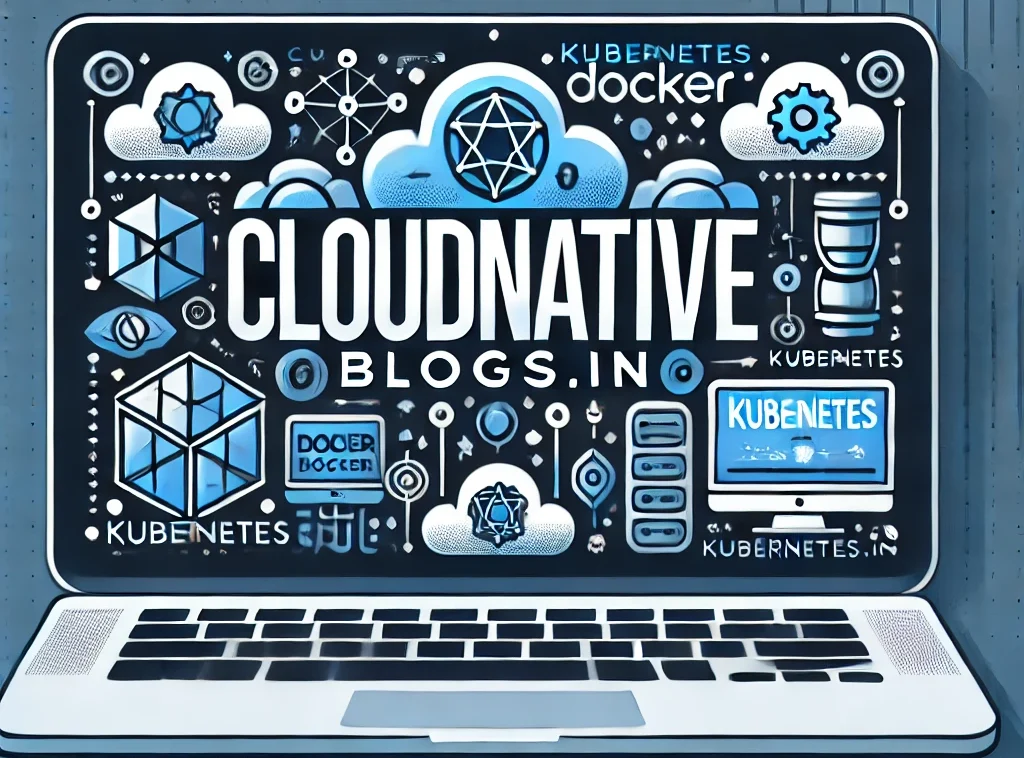Software as a Service, or SaaS, has emerged as a popular software delivery model over the past few years. In this model, software applications are hosted on a remote server, and users access them via the internet. SaaS has several advantages over traditional software delivery models, which makes it a popular choice for businesses of all sizes. In this article, we will explore some of the key advantages of SaaS.
Easy Access and Deployment
One of the most significant advantages of SaaS is its ease of access and deployment. Since SaaS applications are hosted on remote servers, users can access them from anywhere with an internet connection. This eliminates the need to install and configure software on individual devices, which can be time-consuming and costly.
Moreover, SaaS providers take care of all the back-end infrastructure, including server maintenance, security, and software updates. This frees up the IT staff to focus on more critical tasks and ensures that the software is always up-to-date and running smoothly.
Lower Cost of Ownership
Another significant advantage of SaaS is its lower cost of ownership. Since SaaS applications are hosted on remote servers, businesses do not need to invest in expensive hardware or infrastructure to run them. This significantly reduces the initial capital investment required to implement the software.
Moreover, SaaS providers typically charge a subscription fee based on usage, which means businesses can scale their usage up or down as required, depending on their needs. This makes it easier for businesses to budget for their software costs and avoid unexpected expenses.
Faster Time to Value
SaaS applications can be deployed much faster than traditional software applications. Since there is no need to install and configure software on individual devices, businesses can start using the software almost immediately after signing up for the service.
Moreover, since SaaS providers take care of all the back-end infrastructure, businesses do not need to worry about setting up servers, configuring security, or managing software updates. This significantly reduces the time required to deploy the software and get it up and running.
Scalability
Scalability is another significant advantage of SaaS. Since SaaS applications are hosted on remote servers, businesses can easily scale their usage up or down as required, depending on their needs. This is particularly useful for businesses that experience seasonal fluctuations in demand or sudden growth spurts.
Moreover, since SaaS providers take care of all the back-end infrastructure, businesses can scale their usage without having to invest in expensive hardware or infrastructure. This significantly reduces the cost and complexity of scaling the software.
With traditional software delivery models, businesses must purchase enough hardware and software licenses to accommodate their peak usage. This can be difficult to predict, as usage patterns may vary over time. If a business experiences a sudden surge in usage, they may need to purchase additional hardware and software licenses to handle the increased demand.
SaaS eliminates this problem. Because software applications are hosted in the cloud, businesses can easily scale their usage up or down as needed. They can add or remove users, increase or decrease storage space, and adjust other resources to match their current needs. This scalability makes SaaS an attractive option for businesses with fluctuating usage patterns, or for those that are rapidly growing.
Automatic Updates and Upgrades
SaaS providers are responsible for maintaining the software and ensuring that it is always up-to-date. This means that businesses do not need to worry about managing software updates or upgrades, which can be time-consuming and costly.
Moreover, since SaaS providers typically release updates and upgrades on a regular basis, businesses can take advantage of new features and functionality without having to pay for a new version of the software. This ensures that businesses always have access to the latest and greatest features, which can help them stay competitive in their industry.
Enhanced Security
Security is a critical concern for businesses of all sizes. SaaS providers typically invest heavily in security measures to protect their customers\’ data and ensure that their applications are secure. This includes measures such as data encryption, firewalls, and intrusion detection systems.
Moreover, since SaaS providers are responsible for maintaining the software and infrastructure, businesses can rest assured that their software is always up-to-date with the latest security patches and updates. This significantly reduces the risk of security breaches and data loss, which can be costly and damaging to a business\’s reputation.
SaaS offers businesses a high degree of security. Because the software is hosted in the cloud, it is protected by the provider’s security measures. These measures may include firewalls, intrusion detection systems, and other security technologies. In addition, the provider may employ security experts to monitor the software and respond to any security threats.
This level of security can be difficult for businesses to achieve on their own. Because they may not have the resources or expertise to implement robust security measures, they may be more vulnerable to security threats. SaaS eliminates many of these risks, offering businesses a high degree of security.
Cost Savings
One of the primary advantages of SaaS is cost savings. With traditional software delivery models, businesses must purchase software licenses and install the software on their own servers. This can be a costly and time-consuming process, as businesses must purchase hardware and software, hire IT staff to manage the servers, and maintain the software over time. In addition, businesses may need to purchase upgrades and new versions of the software as they become available.
SaaS eliminates many of these costs. Businesses can access software applications via the internet, without needing to purchase hardware or software. Instead, they pay a subscription fee to use the software, which covers the cost of hosting, maintenance, and upgrades. This subscription model allows businesses to avoid large upfront costs and pay only for the software they use.
Ease of Use
SaaS is also known for its ease of use. With traditional software delivery models, businesses must install and configure software on their own servers. This can be a complex process, requiring IT staff with specialized knowledge. In addition, businesses must manage the software over time, applying updates and patches as needed.
SaaS eliminates many of these complexities. Because the software is hosted in the cloud, businesses can access it via the internet without needing to install or configure anything on their own servers. The software provider handles all updates and patches, ensuring that businesses always have access to the latest version of the software. This ease of use makes SaaS an attractive option for businesses that do not have the resources or expertise to manage software applications on their own.
Better Collaboration
SaaS applications are designed to improve collaboration between employees, regardless of their location. With SaaS, employees can access the same software applications, data, and files from anywhere, which improves communication and teamwork.
Integration
SaaS applications are designed to integrate seamlessly with other software applications, making it easy for businesses to streamline their operations. This integration ensures that data is shared between applications in real-time, reducing the risk of errors and improving overall efficiency.
Flexibility
SaaS offers businesses a high degree of flexibility. Because the software is hosted in the cloud, businesses can access it from anywhere with an internet connection. This means that employees can work from home, on the road, or in the office, without needing to be physically present at a specific location.
In addition, SaaS allows businesses to easily collaborate with partners and customers. Because the software is accessible via the internet, businesses can grant access to specific users or groups, allowing them to work together on projects or share information. This flexibility makes SaaS an attractive option for businesses that need to work with distributed teams or partners.
Improved Customer Support
SaaS providers offer a high level of customer support, ensuring that businesses have access to the help they need when they need it. This includes technical support, training, and troubleshooting, which ensures that businesses can get the most out of their software applications.
Conclusion
In conclusion, SaaS is a highly advantageous software delivery model that offers a range of benefits for businesses of all sizes. Its cost-effectiveness, scalability, accessibility, security, ease of use, integration, flexibility, regular updates, improved collaboration, and customer support make it an ideal solution for businesses looking to streamline their operations and improve overall productivity. With SaaS, businesses can focus on what they do best, while leaving the software maintenance and updates to the experts.

